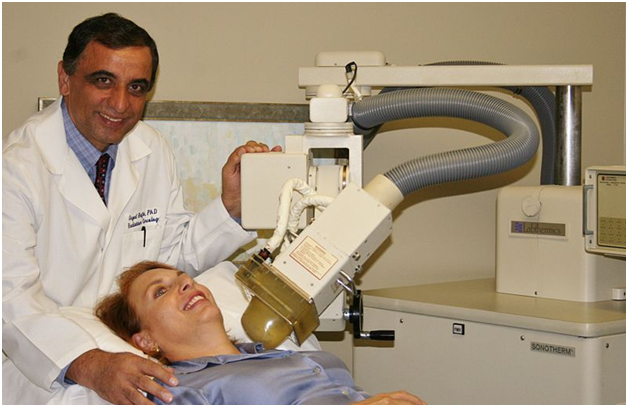Until recently, the conventional way to treat cancer has been to target the location of the tumour in the body. Breast cancer, colon cancer and lung cancer all have their own preferred courses of therapy. However, research from several different scientific groups now suggests that there may be better ways of treating cancers.
The Pan-Cancer Atlas
From the analysis of more than 11,000 tumours from some of the most common forms of cancer, a guide known as the Pan-Cancer Atlas offers a comprehensive and in-depth understanding of why and how tumours arise in humans. As a useful point of reference, the Pan-Cancer Atlas is a great resource for developing new treatments precision medicine.
The Pan-Cancer Atlas classifies human tumour types based on their molecular similarity. This indicates that the cell where the cancer originated influences but doesn’t fully determine the type of tumour. Similar research gives new insights into the grouping of cancers; for example, gynaecological and breast cancers, gastrointestinal and renal cancers may have similar tumour types.
Implications for treatment of cancer
Understanding the molecular mechanisms underlying each tumour type and identifying that tumour, regardless of where it lies in the body, means that targeted medications can be more precisely prescribed to patients. Present chemotherapy drugs used for treating one type of cancer may prove to have far broader applications. In addition, drugs used to treat other illnesses, such as rheumatoid arthritis, may be useful in cancer treatment.
This developing knowledge of how and where different tumour types arise in the human body will feed through to improved clinical trials for novel treatments and new drugs. Clinical research organisations, such as http://www.trials4us.co.uk/ conduct paid research studies to facilitate the development of these new drugs. In a paid research study, healthy volunteers take part in the early part of the clinical trial and are financially reimbursed for their time. Ultimately, it is hoped that these studies will lead to improved cancer outcomes for the patient.
It seems reasonable that treating cancer based on molecular characteristics will prove to be more effective than conventional treatment based only on location. At present, experts think that lung and colo-rectal cancers may derive the greatest benefit from targeted therapies, but this may change as scientists’ understanding of tumour types and origins grows.




